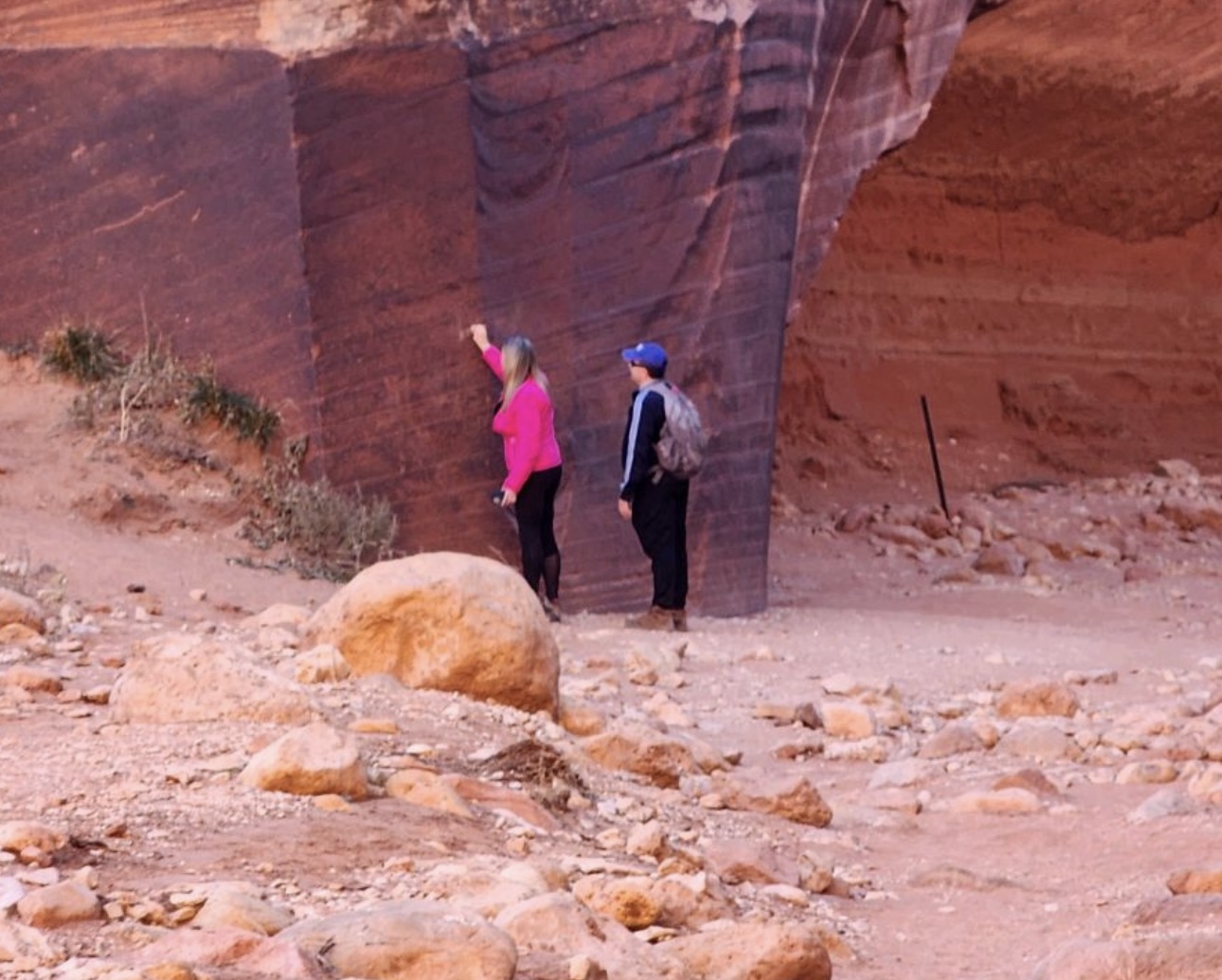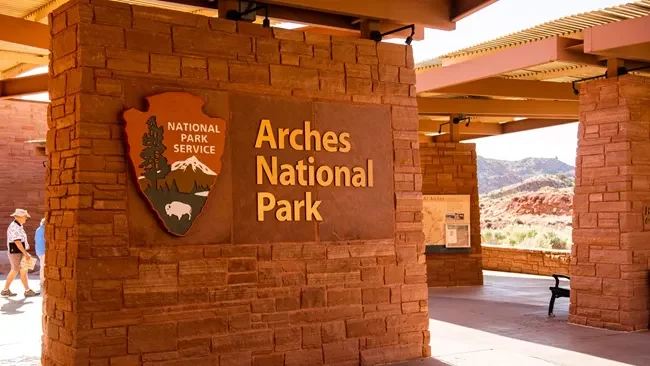Some information may be outdated.
At their regular meeting on Tuesday, the Moab City Council discussed the possibility of a new property tax to fund law enforcement and infrastructure updates for the 2021 through 2022 fiscal year.
“The question we’re asking is: are the revenue streams that the city has predictable, sustainable, and sufficient to cover our expenses and needs for the future?” said Moab Finance Director Ben Billingsley. “We would pursue a property tax because they have a predictable revenue stream and are how we will be able to fund capital projects moving into the future.”
The city’s general fund took a large hit due to the pandemic, Billingsley reported, as another reason why a property tax may be beneficial. In Utah’s 2021 legislative session, the general fund balance limitation for municipal governments was increased from 25% to 35%, but currently, Moab’s general fund balance is at 14%.
“That’s our money that we draw from in case of an emergency. Without the CARES Act money that we received this year, the city would be in a dire financial situation right now,” Billingsley continued. “That’s what we’re hoping to avoid in the future.”
Billingsley acknowledged that the brunt of a property tax would rest on the shoulders of local businesses and residents, but he argued that it may be one of the only ways to fund improvements for Moab’s roads, parks, police and general governmental operations. There are also state-sponsored tax abatement programs that can act “as a circuit breaker, so that those who can’t afford property taxes can have relief,” Billingsley continued.
Councilmember Rani Derasary made a motion to proceed with the consideration of exceeding the certified tax rate for the next fiscal year. Included in the motion is a ceiling for any potential property tax: revenue from such a tax could not exceed $3.3 million. The revenue “would be used to support increased funding for law enforcement and general infrastructure improvements,” Derasary said. The motion passed unanimously.
Moab is not close to making a final decision on a property tax, City Manager Joel Linares emphasized on Tuesday. The council will solicit community feedback through public hearings and other avenues before any official determination is made. The $3.3 million revenue ceiling, Mayor Emily Niehaus clarified, is likely not the amount the city would attempt to generate during the next year. The number is instead a limit that can be approached gradually, or not at all, depending on public feedback in the future.
“Any sort of tax increase is a very difficult discussion to have. We hear over and over again that we are lacking housing and that housing is expensive; being aware of that, the burden is going to be on renters,” said Karen Guzman-Newton. “But we are also confronted with requests for more enforcement and road improvements and signs and infrastructure.”
Linares also acknowledged the difficulty of a property tax decision, but he cited the dire reality of 14% in Moab’s general fund and the city’s $68 million deficit in infrastructure.
“We’re not generating any revenue to tackle that and start putting in new roads, water and sewer lines, and that’s what we need to be doing,” Linares continued. “It’s come to the point where we either have to do something to generate more revenue to start picking up for the decades of no work, or we have to accept this level of infrastructure and service.”
“Neither [is] an easy answer to accept,” said Linares. “And I don’t know which is the better of the two.”
Appreciate the coverage? Help keep local news alive.
Chip in to support the Moab Sun News.




